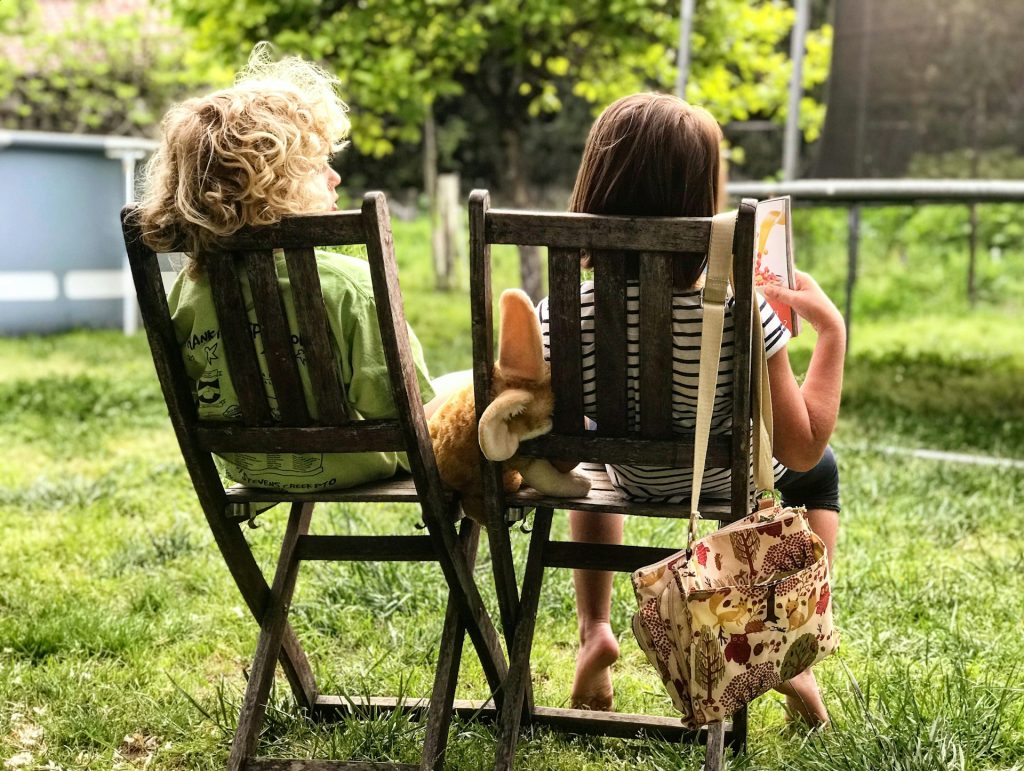Table of Contents
Social skills are a key part of a child’s overall development, helping them to build friendships, communicate effectively, and feel confident in a range of environments. However, some children find navigating social situations more difficult than others. Whether your child is shy, struggles to read social cues, or finds group settings overwhelming, there are practical ways you can support them.
Recognising the Signs of Social Struggles
This independent prep school suggests that it’s natural for children to develop social skills at different rates, but certain signs may suggest they need extra support. These might include avoiding group play, feeling anxious about social events, or having difficulty starting or maintaining conversations. You might also notice your child becoming frustrated in social situations or preferring to spend time alone. Identifying these challenges early allows you to provide guidance before they impact your child’s confidence and self-esteem.
Creating a Safe Space to Talk
A good first step is to create a safe and open environment where your child feels comfortable sharing their thoughts and feelings. Listen without judgement and reassure them that it’s okay to find social situations challenging. Sometimes, simply knowing they have your understanding can reduce their anxiety and encourage them to try new interactions.
Building Confidence Through Practice
Just like any other skill, social interaction improves with practice. Arrange small, manageable opportunities for your child to socialise, such as inviting one friend over for a short playdate before moving on to larger group activities. You can role-play common scenarios together, like joining in a game or introducing themselves, so they feel more prepared in real situations.

Encouraging Shared Interests
Finding common ground with others can make socialising less intimidating. Encourage your child to join clubs, sports teams, or activity groups that align with their interests, whether that’s art, football, music, or science. This not only provides a sense of belonging but also encourages lasting and supportive friendships over time. These shared passions give children a natural conversation starter and help them bond with like-minded peers.
Teaching Empathy and Social Cues
Children who struggle socially may find it harder to interpret body language, tone of voice, or facial expressions. You can help by talking about these cues in everyday life – for example, discussing how a character in a book or TV show might be feeling based on their expressions or actions. This helps your child understand perspectives outside their own and respond more appropriately in conversations.
Working With Teachers and Support Staff
If social challenges are affecting your child at school, it’s worth speaking to their teacher or pastoral team. They can offer additional support, such as pairing your child with a buddy, monitoring playground interactions, or encouraging participation in structured group activities. Working together ensures your child receives consistent guidance both at home and in school.
Modelling Positive Social Behaviour
Children often learn best by example, so one of the most effective ways to support their social development is to model positive interactions yourself. Demonstrate kindness, active listening, and respectful communication in your daily life – whether that’s greeting a neighbour, showing patience in a queue, or expressing gratitude. Let your child see you handling social setbacks calmly and resolving misunderstandings with empathy. When children witness these behaviours regularly, they’re more likely to mirror them in their own relationships, building both their confidence and their ability to connect with others in a healthy, respectful way.
Celebrating Small Steps
Progress in social development can be gradual, so celebrate every step forward – no matter how small. Whether it’s saying hello to a classmate or joining in a group activity, recognising these efforts builds your child’s confidence and reinforces positive behaviour.

